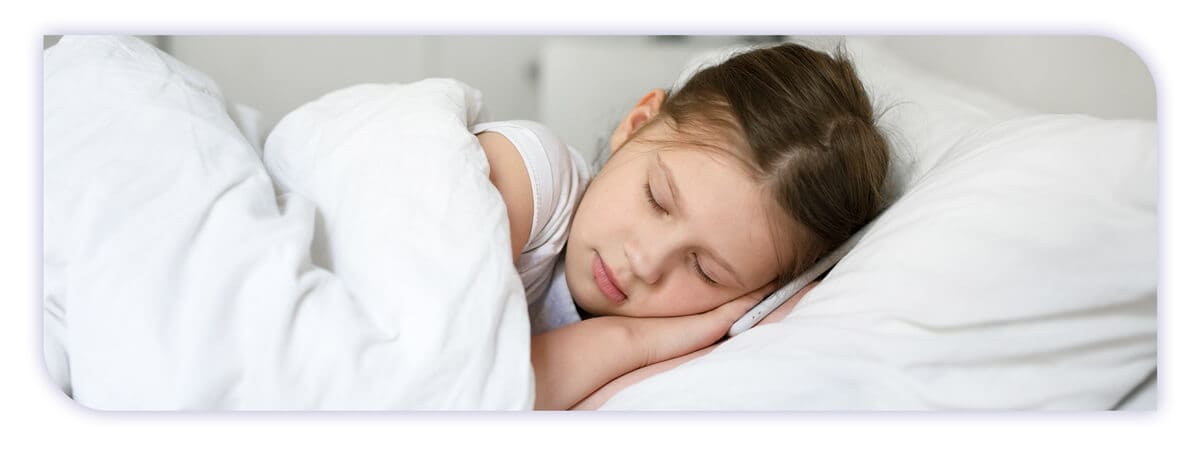How to Stop a Child from Grinding Their Teeth
Taking your child to a kid-friendly dentist is one way to remedy teeth grinding.
It’s called bruxism and you might not even know you’re doing it. It’s when people, young and old, grind their teeth and often when they’re sleeping. It might not even result in any problems unless it occurs regularly and then it might lead to tooth damage and various complications that could impact oral health. If you notice your child is grinding their teeth, you might want to take them to a kid-friendly dentist and find a way to stop it from happening.
Bruxism can also, however, occur when you’re awake, usually when you’re fiercely concentrating on something. Most often it just involves the clenching of the jaw and teeth as you focus intensely on a task and doesn’t involve the grinding of teeth. But when it happens at night — and the teeth-grinding goes on for a while — it can also upset others, like your partner or spouse in the bed beside you. Just as snoring can interrupt others’ sleep, bruxism can also lead to many sleepless nights and drowsiness the following day.
Why Your Child Might Be Grinding Their Teeth
It’s important for parents to know that while their children’s teeth-grinding might be alarming to hear, it’s actually quite common and many kids will do it for a while but eventually grow out of the habit. It’s not always immediately clear why a child grinds their teeth, either when awake or asleep, but there can be several identifying factors.
These can include various pains that are common to children, such as a toothache or an earache, and the grinding action helps them to get through the pain by providing a source of relief through the act of grinding the teeth together. It may be that it’s a way of deflecting the pain by focusing on something else — much like how you tend to rub a sore muscle to ease a sprain or if you bumped into something and hurt yourself.
In older children, stress can be the reason why they grind their teeth. It could be that tests or exams are coming up at school and they’re worried about how they might do or if there’s a change in routine, such as moving to a new part of the country — or a different country entirely. Children love routine and when one is shaken up and changed, they can easily become anxious and it takes a while for them to settle into a new one.
Family problems can also cause a great deal of stress for children and lead to them grinding their teeth. There might be a new addition to the family, for instance, with the arrival of a baby, or their parents might not getting on all that well and are arguing a lot. If the family breaks down and one parent moves out and they get divorced, this and other problems can be the cause of built-up stress that can cause bruxism.
Ways to Stop a Child from Grinding Their Teeth
As we’ve said, it’s possible if your child is going through a period of bruxism that they might well stop at some stage and never do it again. But if you feel that it’s been going on for some time and is negatively impacting your child’s wellbeing, it’s a good idea to take some action. This can include taking your child to a kid-friendly dentist who will be able to help with the problem.
They might, for instance, give your child a special night guard that can protect their teeth and help to prevent them from grinding them in the first place — this might have the effect of easing them out of the habit and fairly quickly too.
If there’s a psychological reason behind a case of bruxism, however, such as hyperactivity or conditions like cerebral palsy for which a child is taking medications that might be triggering teeth grinding, it can be helpful to try and calm them down in the evenings with some soothing music and also a warm bath. Medications are not normally needed for bruxism and with a bit of attention to the problem, it should soon go away.
If your child is having a problem with teeth grinding and you’re wondering what to do, you can talk to one of our kid-friendly dentists and get the answers you need. Get in touch with The James Clinic now and find out more.
